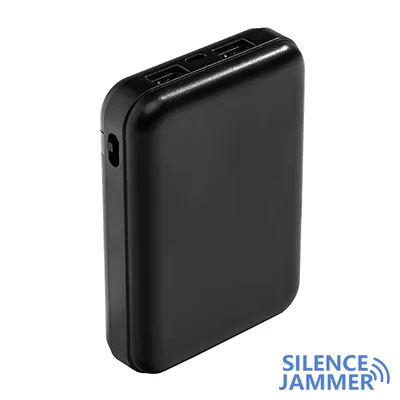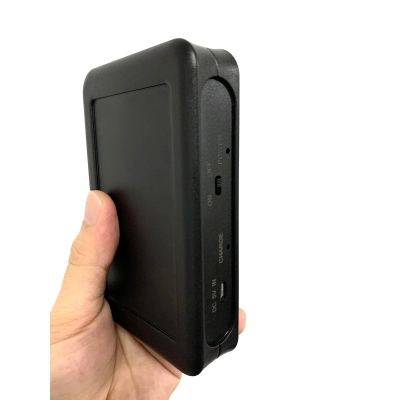South Carolina officials are seeking new ways to stop inmates from using cell phones in prisons, and they are considering cell phone blocker technology as a solution to this challenge. This technology is designed to essentially prevent inmates from communicating inside the prison by blocking illegal cell phone signals, which has long been a complex problem facing South Carolina.
Ever since a prison guard was nearly shot and killed by an inmate in 2010, the South Carolina prison system has been grappling with the challenge of inmates using cell phones illegally. These phones are used to carry out a variety of illegal activities, from extortion to organizing riots. Despite the prison system's efforts to install high walls, clear surrounding trees and set up networks, the phones are still able to enter the prison.
One recent solution is the use of cell phone blockers, a technically complex and potentially expensive device that aims to solve the problem by interfering with illegal cell phone signals. "Prisoners are incarcerated, but digitally they are still free," said Bryan P. Stirling, South Carolina's director of corrections. This seemingly ironic reality highlights the challenges of dealing with the complex environment inside and outside the prison.
cell phone jammers work by jamming all phone signals within the prison, including data and Wi-Fi. This technology not only blocks illegal communications, but also poses public safety risks, such as interfering with nearby 911 emergency calls. Despite this, it is considered one of the best ways to effectively prevent prisoners from illegally using their phones.

South Carolina prison officials hope that this technology will improve prison security and management efficiency, thereby reducing the possibility of prisoners illegally communicating with the outside world. Although the implementation of this technology faces some challenges, such as high costs and possible technical limitations, it is still seen as a key step in solving the current problem.
Overall, this move by South Carolina reflects the prison administration's unremitting efforts to address the problem of prisoners using mobile phones, and also demonstrates the key role and challenges of technology in modern prison security management.




